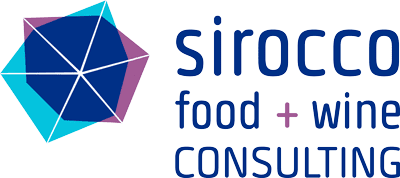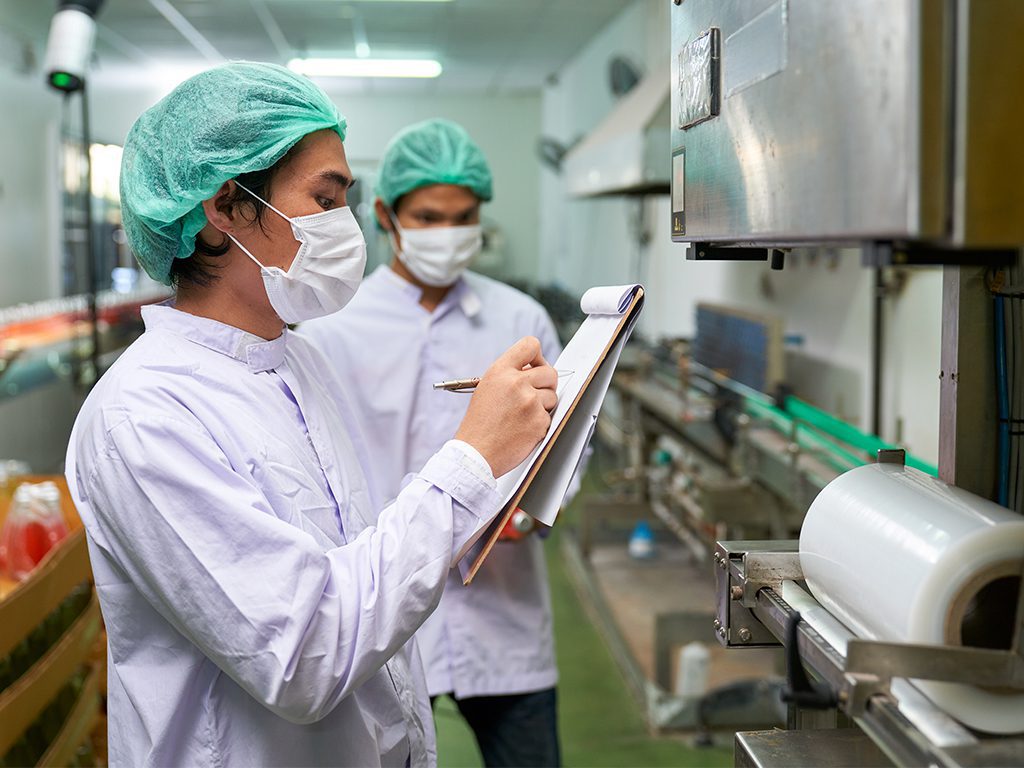Safe Quality Food (SQF) is a popular food safety certification scheme that is benchmarked to GFSI international requirements. The scheme is owned by SQFI (a branch of the Food Industry Association); the standard was first published in May 1995. SQFI issues about 11,000 certificates yearly across 40 countries and 6 continents.1 According to FMI (2022), the SQF services are growing and “food operators worldwide are streamlining their processes and growing their businesses with SQF certification”.
Since May 2021, food manufacturers have been implementing Edition 9 of the SQF code. The code was supplemented by GFSI amendments later that year.2
SQF is an industry certification program based on Codex HACCP that necessitates yearly third-party audits. The certification is recognized globally and goes beyond current regulatory requirements for food safety. To pass an SQF audit, a food safety management system (FSMS) must be maintained. SQF systems regroup documented processes, procedures, and responsibilities for achieving food safety objectives. The system relies on constant verification and corrective actions to achieve goals and prevent food recalls. The SQF certification is site-specific as well as product- and process-specific.
Determining Scope
The first step in implementing SQF systems and achieving certification is to determine the scope of implementation. This is achieved by determining Food Safety Categories (FSCs) which pertain to your business activities. FSCs (See Appendix 1 of SQF Code 9 – Food Manufacturing) require specific standards for safety. For instance, food businesses involved in Baking and Snack Food Processing (Food Safety Category 13) — this FSC includes baked items such as meat pies, custard pies, bread, cookies, cakes, and mixes and all varieties of snack food – must implement Module 2 and 11. Depending on your manufacturing process, you may select multiple FSCs. For Food Manufacturing, SQF certification requirements mandate implementation of System Elements (Module 2) and Site Requirements/Food GMP (Module 11). An overview of the FSCs for the SQF Code – Food Manufacturing edition 9 is presented on Page 8 of the SQF code.
SQF Team, Project Plan and Schedule
Once the scope is finalized, the site must designate an SQF implementation team led by a senior site manager and 2 practitioners (A lead practitioner supported by a back-up food safety leader who hold valid HACCP training certificates). The team often uses a project management approach for this phase of the implementation and creates a schedule or GANTT chart. Such tool allows the SQF management group to create a project plan, establish deliverables and track task completion easily. Depending on the current certification status of the facility, teams should plan 3 to 6 months or over a year to realistically implement the scope of certification. A typical food safety manual counts a hundred or more controlled documents to address all SQF requirements. Small businesses looking to hire food safety professionals with SQF practitioner certification generally advertise for SQF practitioner positions. The practitioners do not require any other credentials outside of HACCP. If you are implementing SQF systems, contact us to receive a free copy of the Sirocco SQF implementation chart (note: this document is included in the Sirocco SQF Bundle 9).
The project plan includes a list of documents to be developed, trained and implemented to satisfy the SQF code requirements identified in Module 2, 11 and the GFSI amendments. Once each element and bullet points of the standard are assigned to individual SQF team members, a schedule is drawn up to determine the prospective audit date. It is recommended to maintain on site 3 months of SQF records prior to the certification audit. Be sure to contact your Certification Body 3 to 6 months in advance to schedule your third-party audit. Depending on your FSCs, your SQF auditor may fly from out of town or out of country. You will also need to register your company in Repositrak and pay a fee prior to your first audit and annually thereafter.
Document Creation and Approval
At this stage, the SQF team needs to create the site’s SQF manual by drafting and approving policies, procedures, and specifications (for finished goods, raw materials and ingredients, additives and processing aids, service providers, contract manufacturers). In addition, Food Safety Plans (ex: HACCP, PCQI/Preventive Control Plan for Human Food where applicable), Food Defense Plans, Food Fraud Vulnerability and Mitigation Plans form part of the systems requirements. In keeping with best practices in document management, the practitioners must develop Standard Operating Procedures (SOPs). SOP documents capture the scope of the process, people responsible, the process steps, food safety targets, the frequency of monitoring and verification as well as corrective actions. Corrective actions are an essential part of SQF. They are required when the product or process deviate from food safety requirements.
The next step is the training and SOP implementation phase. The SQF team must deliver training on approved documents and set food safety expectations. Training is critical to instill a food safety culture within the site. Approved trainers cover process steps, food safety expectations (ex: critical limits) and recordkeeping requirements. For this last task, it is important to verify that records are complete (dated, signed and verified by authorized and trained employees). A history of document revisions must be maintained. The site must also abide by document retention requirements.
Internal Audits
Since internal audits are a mandatory requirement of SQF 9 (See Module 2, section 2.5.4), The SQF team must verify the status of implementation prior to the certification audit. The internal audits must be completed in full and documented. A current best practice in industry is to record audit notes on the GFSI audit checklist. Internal auditors must attend internal audit training as proof of competency prior to conducting audits.
Pre-audit Option
Sites may also want to schedule a pre-audit by contacting their Certification Body. The pre-audit is conducted by an SQF auditor and is not scored. It is a mock audit which serves as a dress rehearsal for the actual certification audit. Deficiencies identified during the pre-audit must be corrected prior to the certification audit.
Certification Audit and Compliance Certificate
During the announced 2-day certification audit, an independently certified SQF auditor employed by the CB assesses the SQF manual and its implementation. Site inspections are carried out to verify Premise requirements under module 11 and to gauge the level of food safety culture within the site. During the original third-party audit, various audit techniques are used to assess SQF plant readiness. Such techniques include interviews with staff and the SQF team members as well as observations and record reviews. At the end of the audit, the SQF auditor reviews non-conformities with the team and discusses corrective actions. A score of 70% is required to pass the audit. Scores below 86% warrant a surveillance audit which takes 6 months after the last day of the audit. Assuming a successful outcome, the SQF team is given 30 days to submit corrective action responses (CARs) to the auditor and the CB’s technical committee. Once the CARs are reviewed and accepted, a compliance certificate is issued within 45 days of the last day of the audit. Subsequent audits follow a similar format. An unannounced audit takes place within 3 audit cycles. The year of the unannounced audit is mutually agreed between the site and the CB.
Implementing SQF systems requires planning and expertise. A lean system of standardized and trained procedures makes it easy to manage change and ensure compliance.
At Sirocco Consulting, our SQF consultants make the SQF implementation process easy. We provide SQF solutions, HACCP and FSMA Plan/Preventive Controls for Human Food plan development services and SQF training services. Check our blog and store for more information.
References:
- SQFI, a division of FMI, Appoints Prominent Food Safety Professional to Lead SQF Business Development (FMI, 2022).
- GFSI Amendments
Ready to become SQF certified to Edition 9? Sirocco offers consulting and training services as well as template solutions to facilitate food safety compliance. Check our e-store for more information.





